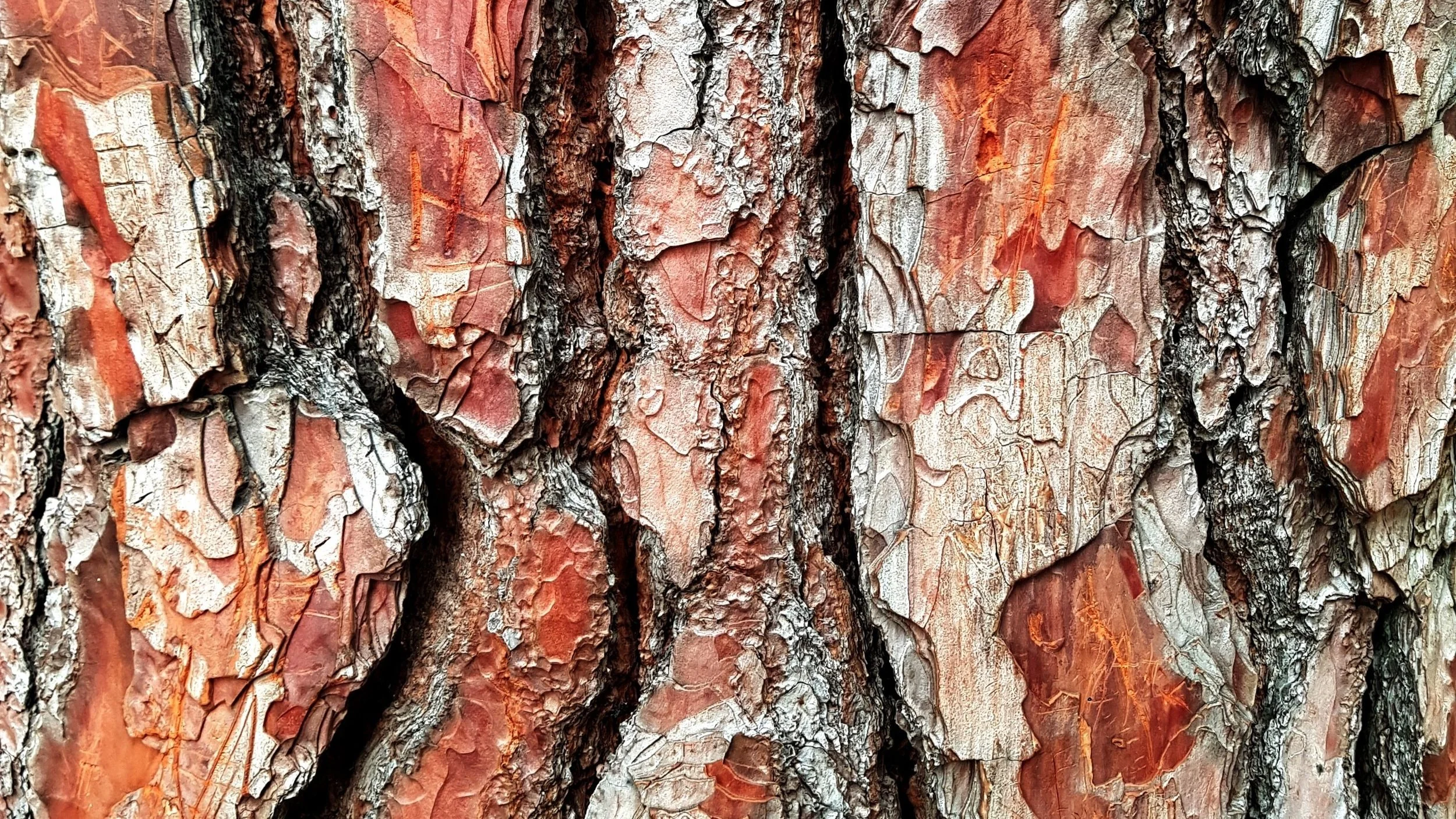ABOUT
About in the pines
In the Pines Grief & Death Therapy is an independent psychotherapy practice making a home on the traditional territories of the Erie, Neutral, Huron-Wendat, Haudenosaunee and Mississaugas on Turtle Island, now known as Hamilton, Ontario. We offer psychotherapy, counselling, and support to those who are grieving and dying in our community, as well as consultation, workshops, and co-learning/supervision with individuals and organizations who are looking to deepen their relationships to grief and death.
Our intention is to skillfully support people who are grieving and dying in a community-minded way.
Our hope is to empower individuals, families, and communities with the knowledge, resources, and confidence to take the lead in caring for their own grieving, dying, and dead with interpersonal, inter-species and ecological integrity.
Some of our most deeply held values are wonder, humility, reciprocity, and generosity.
The name ‘In the Pines’ emerged from a teaching that Chelsea gratefully received from a Haudenosaunee mentor about white pine trees and The Great Tree of Peace. It’s also not lost on me that this phrase, ‘In the Pines’, has a long and mournful legacy in Southern Appalachia dating back as far as the 1870s, and made famous more recently by the likes of Lead Belly, Bill Munroe, and Curt Cobain. For us, the name is meant to invoke the crisp cold poignancy of stumbling into a stand of pines in the winter-bare Carolinian forests of Southern Ontario.
about me
Hello, I’m Chelsea. I’m so glad you found me here.
I’ve spent the last ten years deep in the muddy waters of loss, devoted to the skillful practice of grieving in community. I am a board-certified thanatologist who has studied grief and death from embodied, academic, cultural, and psychotherapeutic perspectives. I’ve worked with grief and death across various sectors— in hospitals and hospices, in people’s homes, in the margins of motel rooms and park benches, as an apprentice farmer amidst an ongoing climate crisis, and on the frontlines of the opioid epidemic.
I am a second generation Ukrainian-Canadian who was born and raised between urban Hamilton and rural Selkirk, Ontario. I wish to acknowledge that Hamilton and Selkirk are built on the traditional, ancestral, and stolen lands of the Attawandaron, Anishinaabe, Mississaugas of the Credit First Nation, and Haudenosaunee peoples. As a settler and treaty person, I have been engaged in reciprocal relationship with this land and its inhabitants through various community organizing and volunteering efforts throughout my life. Right now, I am focusing my efforts on the ecological conservancy of a ribbon of wilderness along the Niagara Escarpment as Bruce Trail Captain. As genocide survivors and displaced people, diasporic Ukrainians have a rich history with the land here and the people who are Indigenous to it. I am privileged to take responsibility for my part in the evolution of this relationship.
I am grateful to have grown up immersed in traditional Ukrainian folklore and ritual surrounding dying, death, and grief. These formative experiences provided a foundation for me to understand the world and my place in it. These days, I spend most of my daylight hours at the bedside of people who are dying, or shoulder to shoulder with grieving people. I spend my evenings reading and writing poems to my living and dead hounds, studying Ukrainian handwork like embroidery and pysanky, and learning about permaculture. On weekends, you can usually find me barefoot in the forest, wide eyed and full of wonder.
As an animist, I believe in being held accountable to a high standard of ethics, particularly regarding the way we as human animals conduct ourselves in relationship to each other, more-than-human beings, and the Earth. My daily approach to this is to do as much as I can to feel a sense of belonging in the world around me, and remain connected to my ancestors through ritual, movement, growing and fermenting food, and other sorts of magic. I am committed to models of justice that centre decolonization, and prioritize Indigenous-led activism. Please feel welcome to ask me more questions about my ethics and values as a practitioner during our initial call. I am happy to elaborate on my lived experience, identities, and ethics within the container of relationship.
My most beloved teachers and mentors include: Mary Oliver, Robin Wall Kimmerer, adrienne maree brown, Francis Weller, Stephen Jenkinson, Roshi Joan Halifax, Joanna Macy, Vikki Reynolds, Jiselle Griffith, Mark Vorobej, Manorun Farm, David Abram, Claire Vernon, Kathleen Martin, Prentis Hemphill, Wendell Berry, Lukayo Estrella, Sophie Strand, Adam Wilson, Susan Raffo, and Nance McGee.






















